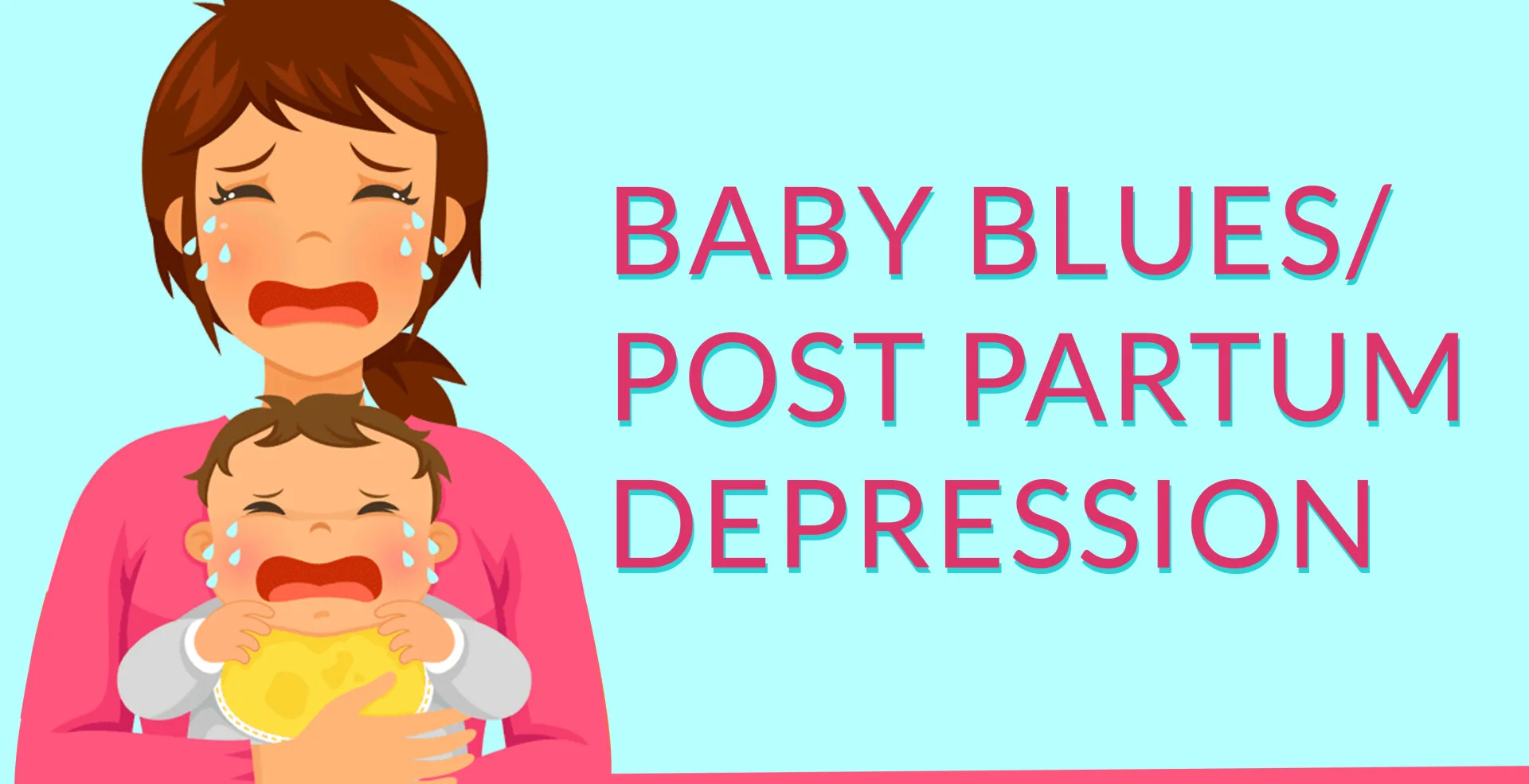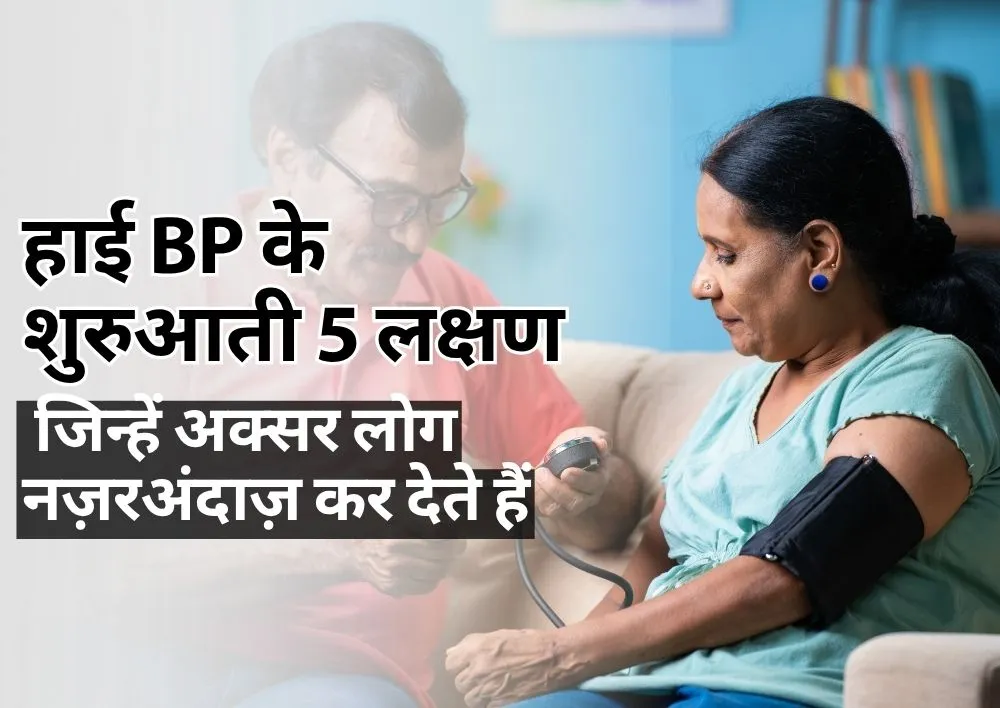BABY BLUES / POST PARTUM DEPRESSION
The birth of a baby can trigger a jumble of powerful emotions, from excitement and joy to fear and anxiety. But it can also result in something you might not expect — depression.
Most new moms experience postpartum “baby blues” after childbirth, which commonly include mood swings, crying spells, anxiety and difficulty sleeping. Baby blues typically begin within the first two to three days after delivery, and may last for few days and months. Rarely , some moms may experience a long lasting depression called as postpartum depression and postpartum psychosis.
There is a fine line between Baby blues, Postpartum depression and Postpartum depression. Having these symptoms does not mean that there is a flaw in you, it is simply a complication of childbirth. Recognising these symptoms early and getting treatment will help you.
What are the symptoms of Baby Blues?
Symptoms of baby blues may last only for a few days to few weeks. These may manifest as mood swings, anxiety, sadness, irritability, crying, feeling overwhelmed, reduced concentration, difficulty sleeping, appetite problems.
What are the symptoms of Postpartum Depression?
Postpartum depression may sometimes be mistaken for postpartum blues but the symptoms are more intense and they last longer and they may eventually interfere with your ability to look after the Abby and do your daily tasks. Signs and symptoms may include excessive crying, intense irritability and anger, difficulty bonding with your child, withdrawing from friends and family, overwhelming loss of fatigue and loss of energy, loss of appetite or over eating, hopelessness, fear that you are not a good mother.
What is the reason for Postpartum Depression
There’s no single cause of postpartum depression, but physical and emotional issues may play a role.
- Physical changes. After childbirth, a dramatic drop in hormones (estrogen and progesterone) in your body may contribute to postpartum depression. Other hormones produced by your thyroid gland also may drop sharply — which can leave you feeling tired, sluggish and depressed.
- Emotional issues. When you’re sleep deprived and overwhelmed, you may have trouble handling even minor problems. You may be anxious about your ability to care for a newborn. You may feel less attractive, struggle with your sense of identity or feel that you’ve lost control over your life. Any of these issues can contribute to postpartum depression.
How to manage/ treat Postpartum Depression
The most important thing to understand is that Baby blues or depression is to be identified by your partner and family. You must confide in your doctor or family and friends so that they can provide you with the emotional support. Your husband needs to play a crucial role as an emotional anchor.
Besides this, a good balanced, nutritious healthy diet rich in omega 3 fatty acids and proteins is essential. Avoiding junk food, excessive tea, coffee, smoking and drinking is equally important. Take plenty of fluids and supplements recommended by your doctor.
Getting adequate rest and sleep is important. Try to follow a healthy routine and some bit of exercise is a must. If the need arises, your Gynae doctor may need to give you antidepressants.















Was the information useful?
0 0